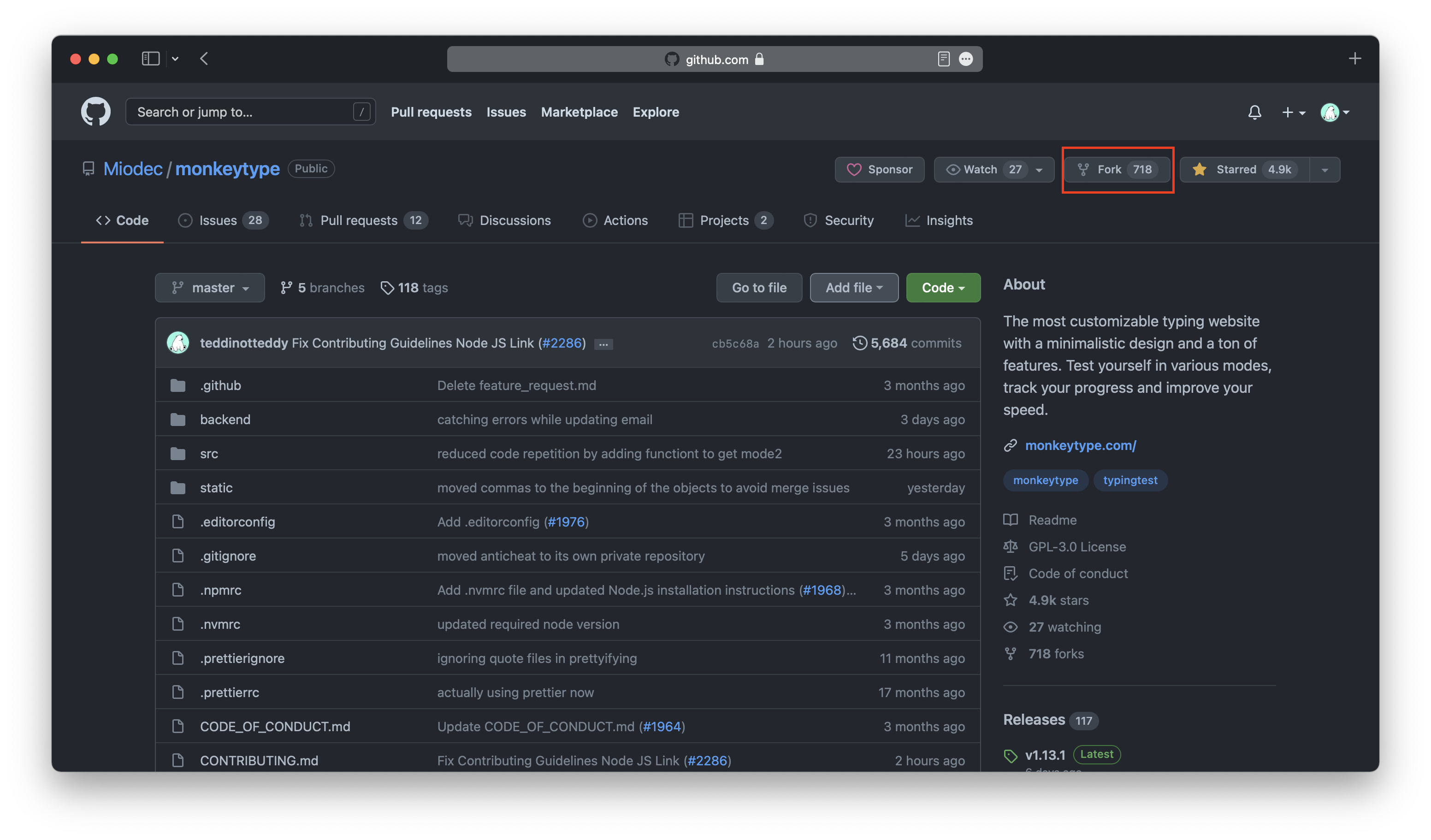* replaced rgba with sub-alt * changed color name * reworked button styles, removed icon-button * renamed color * grid * no text decoration * renamed all icon buttons to text buttons * using text-button * fixed discord section * using button class instead of redeclaring styles * updated scroll styling * more consistent scroll to top styling * dot not in link * fixed dot spacing * actually fixed dot (stupid prettier) * signout closer to the edge * using text-button class * updated button text for consistency * lowercase * moved show average section down * fixed icon not being fixed width * updated focus and hover button styling * footer using text-button class * fixed spacing added new lines * making sure custom themes work with sub alt * updated validation * reordered colors * added sub alt colors to all themes * updated alt sub colors * temp * updated sub alt colors * updated sub alt * fixed merge * fixed merge * merge fix * moved section down * lowercase * merge fix * consistent wording * merge fix * fixed merge * removed test notifications * removed balloon * adjusted subalt * removed debug code * removed unused code * removed some unused/old code * fixed dot spacing
3 KiB
Table of Contents
Forking Monkeytype
First you will have to make a personal copy of the Monkeytype repository, also known as "forking". Go to the Monkeytype repo and then click the "fork" button.

Creating Themes
After you have forked the repository you can now add your theme. Create a CSS file in ./frontend/static/themes/. Call it whatever you want but make sure that it is all lowercase and replace spaces with underscores. It should look something like this:
theme_name.css.
Then add this code to your file:
:root {
--bg-color: #ffffff;
--main-color: #ffffff;
--caret-color: #ffffff;
--sub-color: #ffffff;
--sub-alt-color: #ffffff;
--text-color: #ffffff;
--error-color: #ffffff;
--error-extra-color: #ffffff;
--colorful-error-color: #ffffff;
--colorful-error-extra-color: #ffffff;
}
Here is an image showing what all the properties correspond to:

Change the corresponding hex codes to create your theme. Then, go to ./frontend/static/themes/_list.json and add the following code to the very end of the file (inside the square brackets):
,{
"name": "theme_name",
"bgColor": "#ffffff",
"mainColor": "#ffffff"
}
Make sure the name you put matches the name of the file you created (without the .css file extension). Add the text color and background color of your theme to their respective fields.
Committing Themes
Once you have created your theme(s), you now need to create a pull request to the main Monkeytype repository. Go to the branch where you created your languages on GitHub. Then make sure your branch is up to date. Once it is up to date, click "contribute".
Update branch:

Create a pull request:

Add some screenshots of your theme to the pull request. Click "create pull request" and if it gets approved then your new theme is availabe on Monkeytype for everyone to enjoy.
Theme Guidelines
Make sure your theme follows the theme guidelines. Theme guidelines